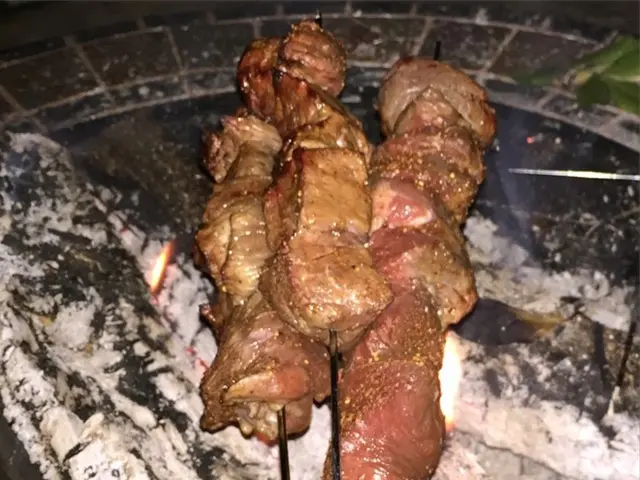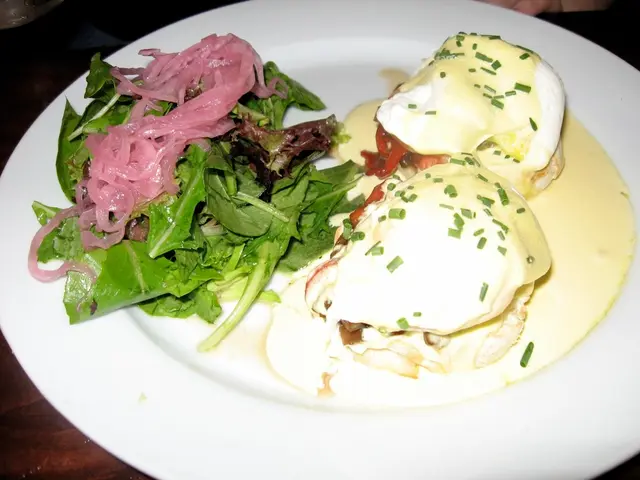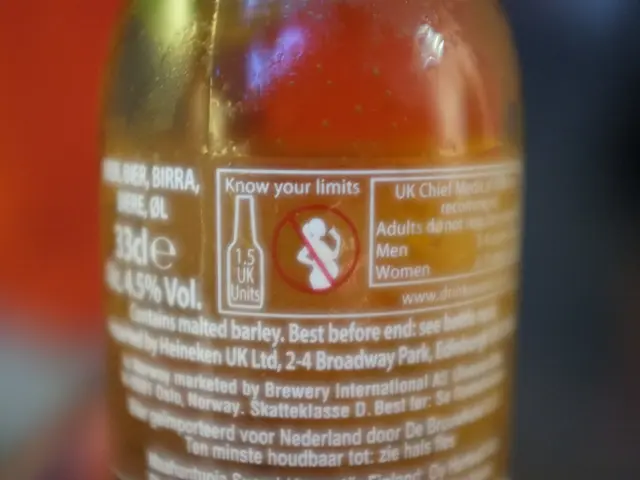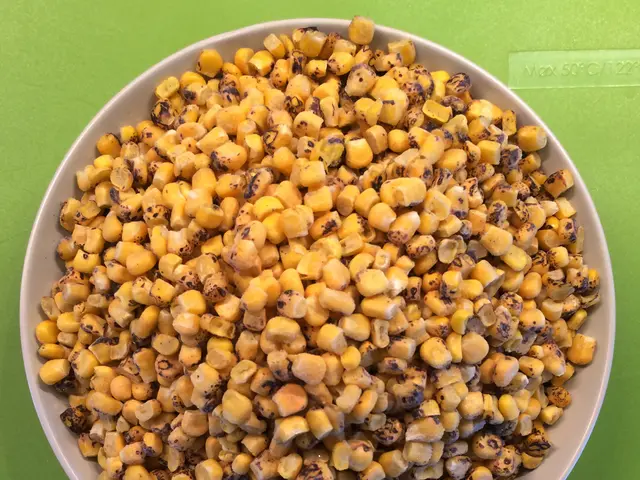Every Third "Doner" in NRW is Actually a Rotisserie: Ministry Reveals Shocking Findings
Government Officials Claim: Every Third Shawarma Sold Is Actually Prepared on a Vertical Spit Instead of the Traditional Horizontal One - Government Officials Claim: One Out of Three Donners is Spin-Altered
TL;DR: The Ministry of Consumer Protection in North Rhine-Westphalia (NRW) unveiled the results of a special evaluation, revealing that approximately one-third of "doner" kebabs served in snack bars and catering establishments are actually rotisserie.
Are you ordering a "doner" in NRW thinking you're getting the real deal? The Ministry of Consumer Protection might just have something to say about that. In an eye-opening revelation, they've announced that 428 out of 1,250 targeted inspections since last fall have found rotisserie being sold as doner kebabs.
Now, you might wonder, what makes a doner a doner, right? Well, in Germany, the rules state that a doner should consist of thin slices of meat skewered on a rotisserie, with the proportion of processed minced meat not exceeding 60%. If it does, it should be labeled as a rotisserie.
The Ministry of Agriculture and Consumer Protection ensured that local authorities reported the results of inspections conducted last year. If a false doner was discovered, action was taken, such as renaming the dish.
Consumer Protection Minister Silke Gorißen (CDU) emphasized the importance of honest labeling, stating, "I want to make sure that what I'm ordering is indeed a doner. We're committed to maintaining both safe and accurately labeled food for consumers, ensuring no one is deceived."
It's crucial to remember that while current sources do not mention new regulatory changes or special evaluations concerning doner kebab labeling in NRW, reminders about clear labeling of ingredients, allergens, and additives in line with EU regulations are always important. For the latest updates, consulting the official website of the Ministry of Consumer Protection for NRW or related government publications would be advisable.
Stay tuned for more updates on the doner kebab scene in NRW, and remember, what you thought was a doner might just be a rotisserie in disguise!
In light of the Ministry's findings, it's pivotal for consumers in NRW to be aware of the distinction between doner kebabs and rotisserie chicken, as one-third of doners served might actually be the latter. To maintain transparency and accuracy in labeling, adherence to the German rule of thinly sliced meat on a rotisserie and a max minced meat proportion of 60% should be ensured. Furthermore, discussions surrounding the science of food production and health-and-wellness implications, along with lifestyle choices such as food-and-drink options, should include clear labeling practices to promote health and wellness in the community.








